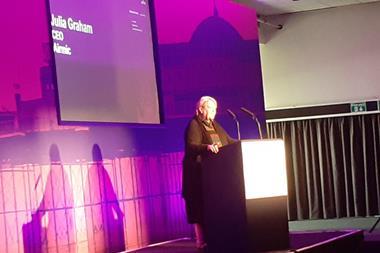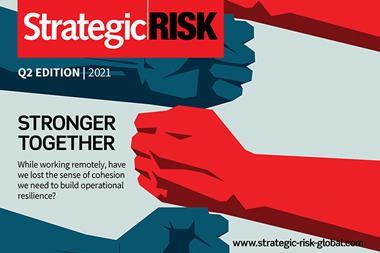This was one of the conclusions arising from the results of a research study funded by the Chartered Institute of Management Accountants (CIMA) which was presented yesterday afternoon by Dr Paul Collier, senior lecturer in accounting and director of commercial services at Aston Business School, Birmingham.
Based on case studies and a comparative survey of the views of FTSE executives, SMEs and CIMA members, the study's authors developed a framework for risk management. The main elements are that external drivers, particularly stakeholders, regulators and legislation are an important influence on risk management, but that competitive intensity and the uncertainty of markets are not significant drivers. Ownership structure and size had some influence on risk management practices but industry type did not.
Collier explained that within the framework they found that heuristic methods of risk management are used much more than systems-based approaches at the corporate level. The methods in highest use were the more subjective ones - experience, intuition, hindsight and judgment - with quantitative methods used least of all. "Consequently, the human actor was observed to be more important in risk management than were analytical models."

















